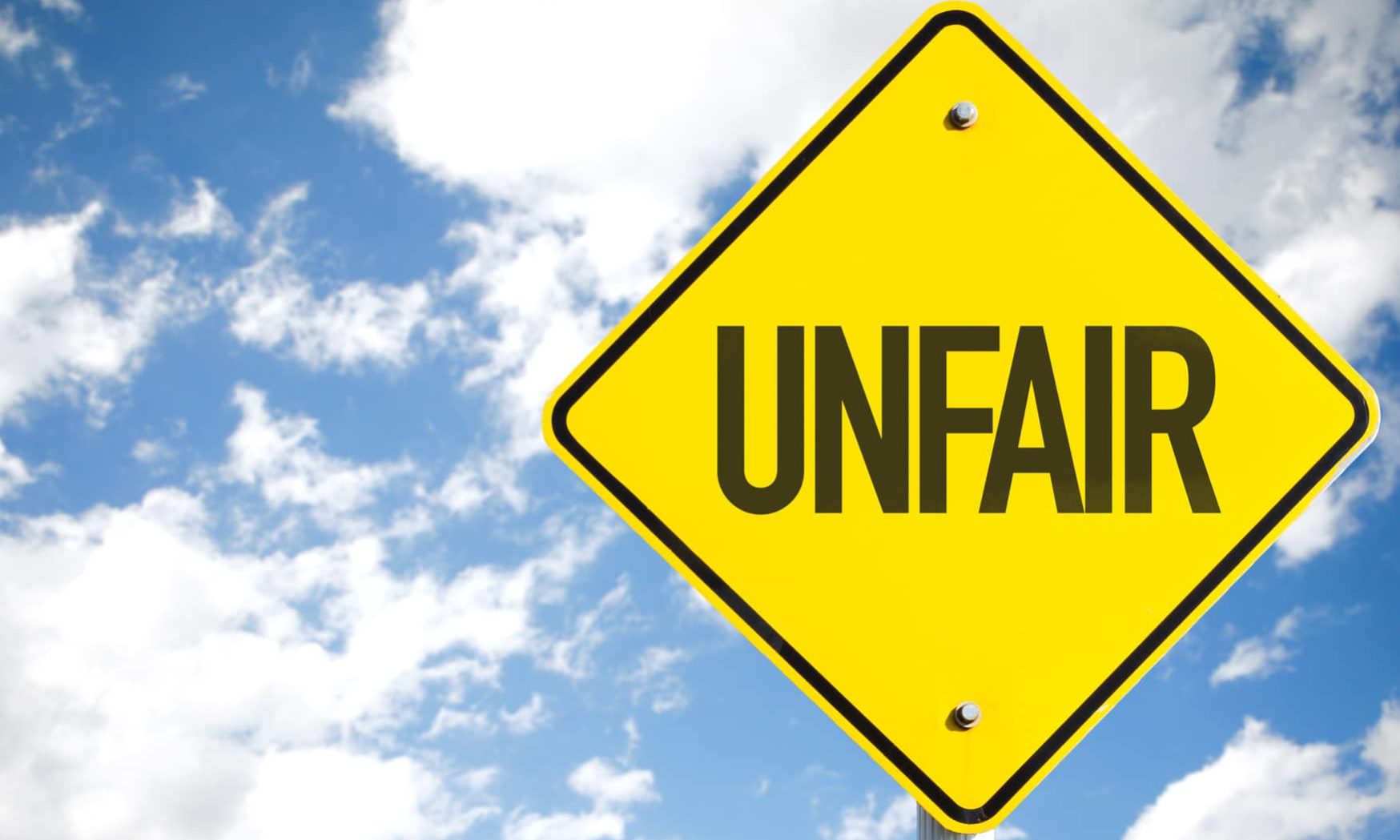 Most people do their best to avoid being biased. We are aware of the existence in society of issues like racism and sexism, and we generally make an effort not to be discriminatory. We do this by being aware of our conscious biases, and then taking affirmative action against them.
Most people do their best to avoid being biased. We are aware of the existence in society of issues like racism and sexism, and we generally make an effort not to be discriminatory. We do this by being aware of our conscious biases, and then taking affirmative action against them.
Unconscious biases are much more difficult to manage. But what are they?
The term “unconscious bias” is used to refer to assumptions that we make on an implicit level, without realising it. We all do this all the time, simply because of the way we have been socialised in the community in which we grew up, by the interactions we witnessed as children, by the media, and so forth.
Biases can be either negative or positive, and either way, they can have pretty big repercussions for our lives, and the lives of those we interact with. The problem is that we often have no idea when we are expressing them.
Let’s look at some examples.
Research shows that when CVs are sent out by job applicants, in a wide range of sectors, the people analysing those CVs think that they are much better, and that applicants have more, and more useful, experience when a male name is written at the top. This isn’t because they are all horribly sexist, because this bias is seen among both men and women, and most people are absolutely aghast when they find out that they have been giving more weight to male applicants just because they are male. Researchers have actually sent out identical CVs, with the only difference being the sex associated with the name at the top, to find that they were being assessed and judged very differently. The putative female candidates were being called back at a much lower rate.
Other types of bias might include the assumption that someone who is big and strong is also going to be psychologically tough, or that we are more in danger if we encounter people with a particular physical appearance.
The first step to dealing with unconscious biases involves accepting that we all have them. We can’t help it. What we can do is proactively build in systems to avoid letting unconscious bias lead us to act in a way that is unethical or unfair. For instance, workplaces can ask candidates to send in CVs without listing their name at the top, and to use a neutral email address in their contact details, so that their qualifications can be assessed on their own merit, without knowledge of their sex or ethnic background. We can also check ourselves when we find that we are reacting to someone or something without having a logical reason for doing so. Unless we can justify our reaction, it’s likely that unconscious bias is at play. Practicing techniques like mindfulness can help us become more aware of the unconscious.
WHO CAN I SPEAK TO FURTHER ABOUT THE ISSUES IN THIS ARTICLE?
For help with the issues discussed in this article speak to one of our therapists here at Private Therapy Clinic for a free initial chat or to make an appointment.












